Overview
GHK-Cu peptide (glycyl-L-histidyl-L-lysine-copper) is a naturally occurring copper-binding tripeptide with a well-established role in regenerative and anti-aging research. Identified in human plasma and tissues, GHK-Cu peptide has been studied for its ability to promote collagen synthesis, accelerate wound healing, and modulate inflammation. Due to its multifunctional profile, it is a widely used research tool in studies of skin repair, angiogenesis, and tissue remodeling.
Compound Breakdown
GHK-Cu (50mg / 100mg): Copper peptide complex studied for collagen synthesis, hair follicle stimulation, angiogenesis, and anti-inflammatory effects.
Research Applications
Preclinical investigations into GHK-Cu peptide include:
Collagen Synthesis → studied for stimulation of fibroblasts and extracellular matrix remodeling.
Wound Healing → investigated for accelerated tissue repair, angiogenesis, and re-epithelialization in injury models.
Skin & Hair Research → studied for dermal regeneration, reduction of skin aging markers, and hair follicle stimulation.
Inflammation Modulation → examined for downregulation of inflammatory cytokines and oxidative stress.
Tissue Remodeling → explored for scar reduction and regeneration of connective tissues.
Related Categories
GHK-Cu is part of the Skin & Collagen and Tissue & Recovery categories. It is often studied in combination with BPC-157 and TB-500 in tissue regeneration and repair research.
Compliance Statement
All Not Labs products are strictly for research use only and are not intended for human or veterinary use.
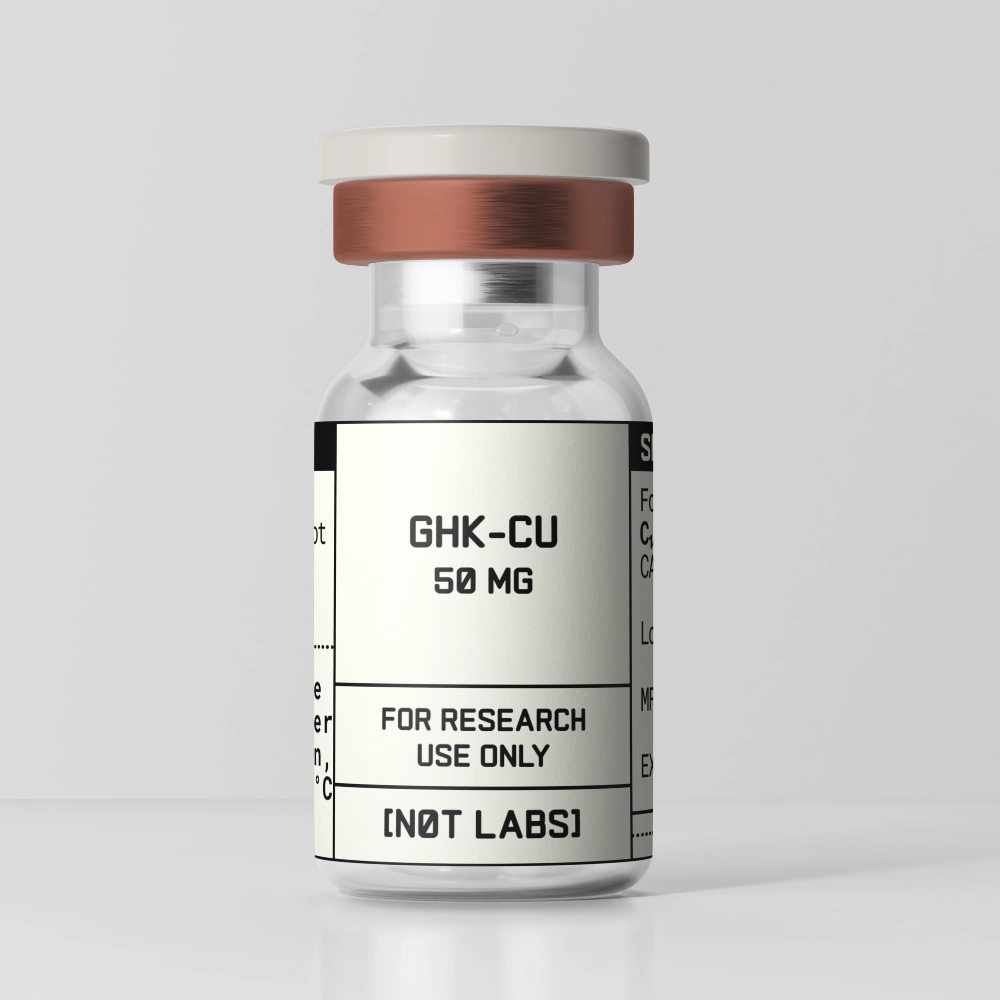
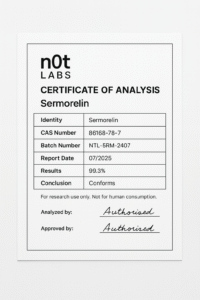
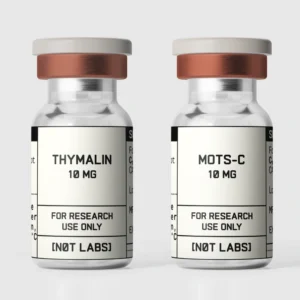
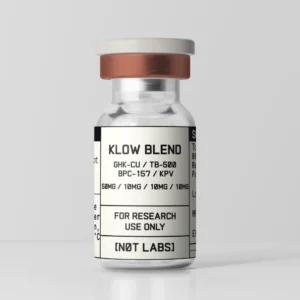
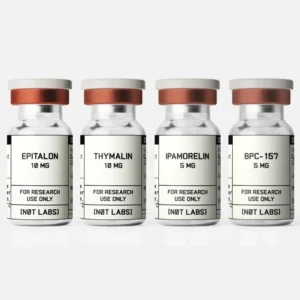
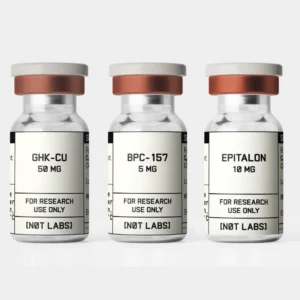
Reviews
There are no reviews yet.